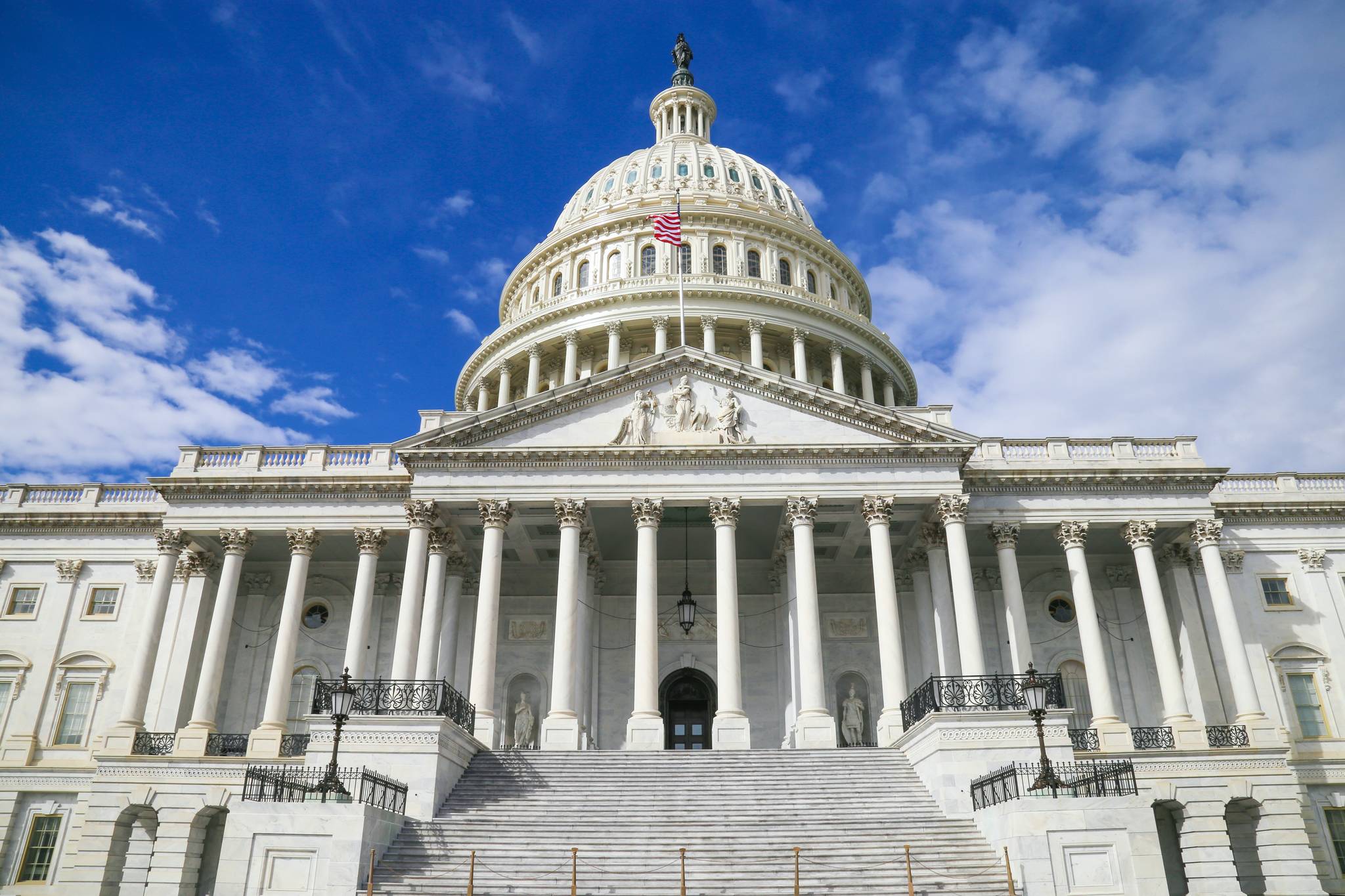Some members of U.S. Congress are using the COVID-19 crisis to justify a multitrillion-dollar bailout for the states that is only tangentially related to the pandemic. Exploiting this tragedy and legislating by crisis are not the solutions we need to get Alaskans through this emergency and help get them back on their feet.
Rep. Don Young voted against the $3 trillion House bill, calling it a “partisan wish list.” Sens. Dan Sullivan and Lisa Murkowski need to stand fast as well — especially when the states most eager for these funds have long track records of fiscal irresponsibility.
The tragic loss of life and month
s of lockdown have spelled trouble for our economy as unemployment continues to rise.
The federal government has already provided about $1.9 trillion, including more than $1 trillion to state governments, to support individuals and businesses directly affected by COVID-19.
What we’re being asked to do now, though, is different. The House bill would provide close to another $1 trillion not for response to the coronavirus, but to bail out years of unrelated overspending and bad policy decisions by politicians.
Many of us are familiar with the story of the fiddling grasshopper and the thrifty ant. In this fable, Alaska is on the grasshopper end of things.
For years, our state lawmakers have failed to get spending under control. Instead of setting priorities and making tough decisions — the essence of governing — they continue to rely on our Constitutional Budget Reserve to cover short-term deficits.
According to the Department of Revenue Projections, the remaining CBR amount is expected to be down to just about $500 million by the end of next year because the state has routinely pulled money out to help cover its deficit and support its spending addiction.
As grim as our situation may be, Alaska’s fiscal mistakes are ours and ours alone. Other states should not be on the hook for our failure to rein in spending.
It’s up to us to fix this problem, and it starts with making better decisions and setting priorities.
Encouraging our state delegation to say “no” to bailouts is a good first step.
Alaska is not alone in our economic woes. Many other states asking for bailouts have also failed to curb spending and get their budgets in order.
Illinois’ budgetary problems have been infamous for years. The mismanagement of the state’s pension program for government employees is well-documented, but officials have made no substantial effort to fix the problem.
Illinois spends almost double the national average on its pension program. It accounts for 25 percent of the state’s annual general revenue expenditures.
In addition to the money the state has already received from the federal government, the Illinois’ Senate Democratic Caucus has asked for $40 billion more. State Senate President Don Harmon was even so bold as to request that $10 billion of those funds go toward sustaining the pension system.
This is not responsible spending, and taxpayers in other states should not foot the bill for Illinois’ bad choices — or Alaska’s.
While our state is in no position to lecture other states about their fiscal problems, our legislators can use this as an opportunity to lead the way by standing on principle.
Bailouts won’t fix a mismanaged system. They just make things worse by prolonging the day of reckoning and rewarding bad behavior.
Handing out another $3 trillion in borrowed money would burden today’s taxpayers and increase the load on future generations to pay for problems created years and even decades before the COVID-19 crisis began.
House Speaker Nancy Pelosi has described this bailout plan as a way for Congress to “think big.” Make no mistake: There is nothing bold or innovative about forcing taxpayers in fiscally responsible states to pay for the mistakes of other states’ irresponsible politicians.
We urge our elected officials to say “no” to more federal bailouts.
• Ryan McKee is state director of Americans for Prosperity-Alaska, a grassroots organization promoting limited government and free market principles.
Columns, My Turns and Letters to the Editor represent the view of the author, not the view of the Juneau Empire. Have something to say? Here’s how to submit a My Turn or letter.

